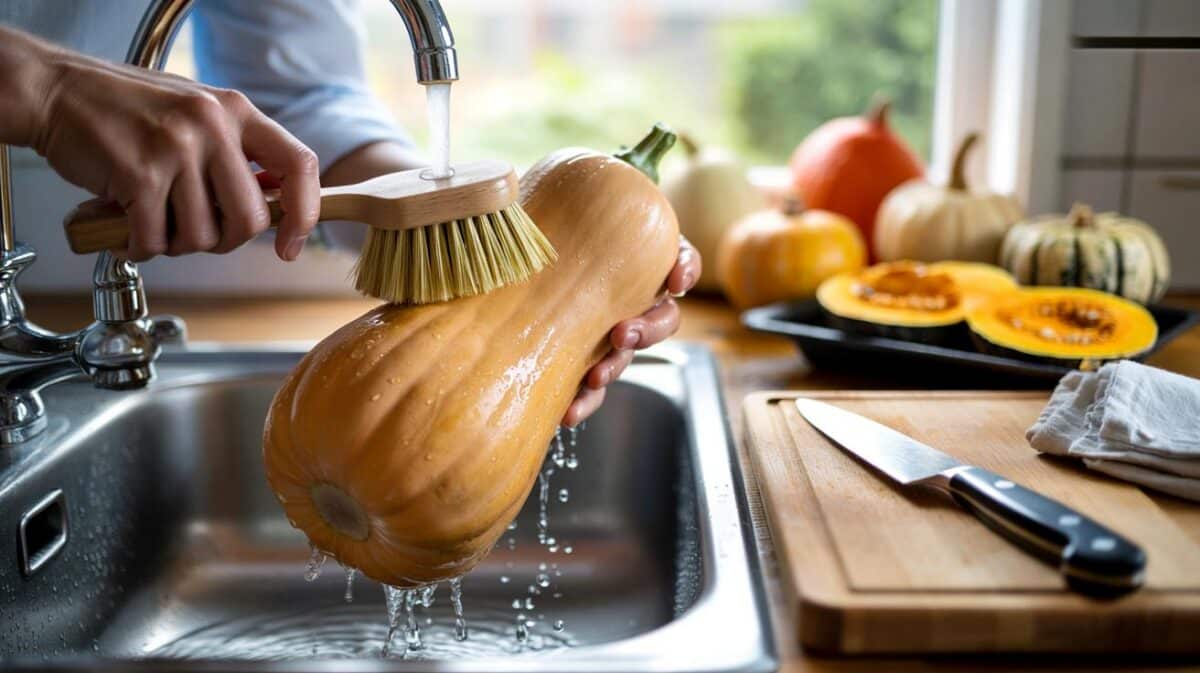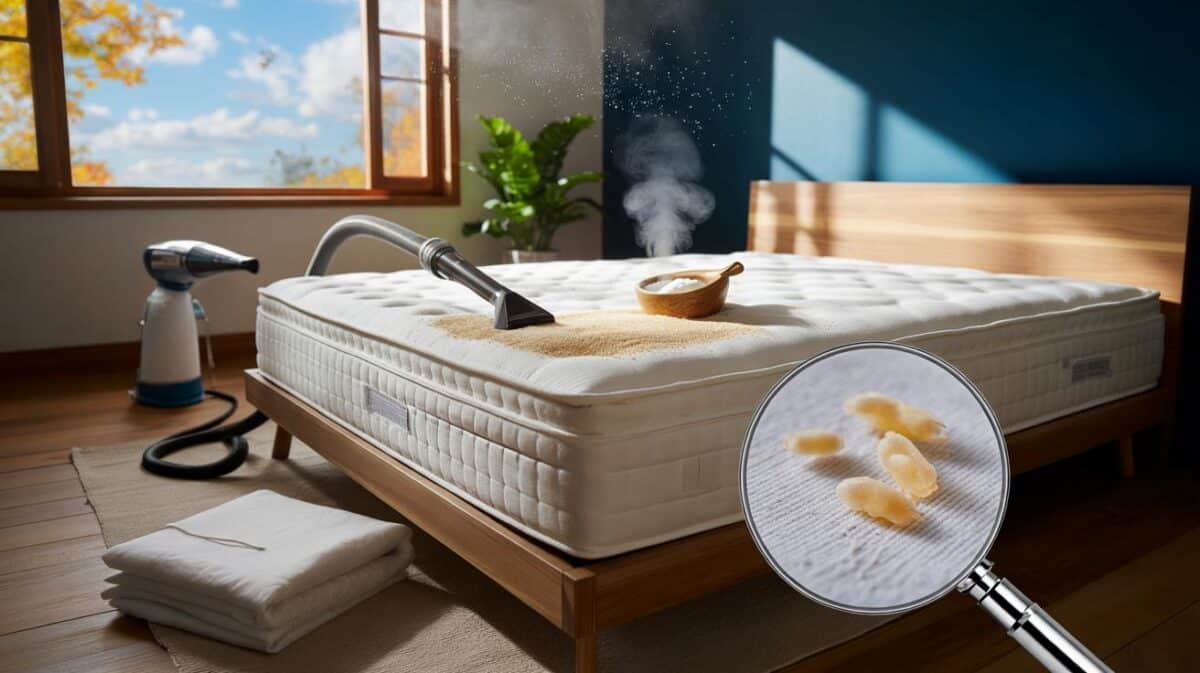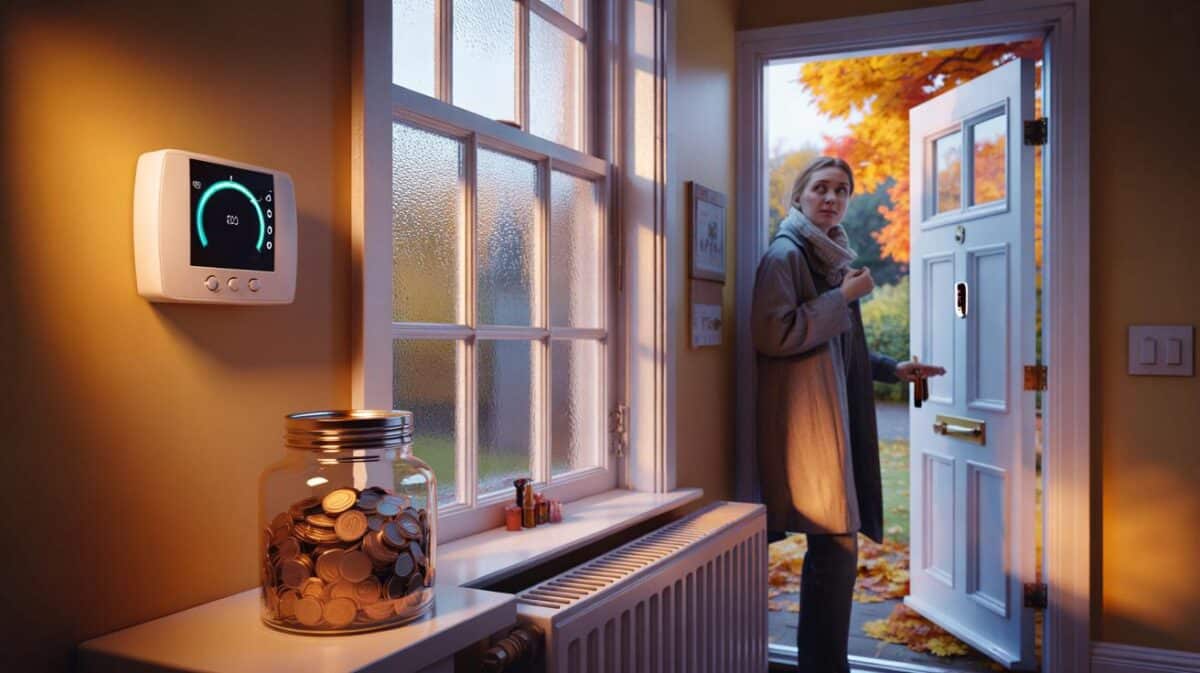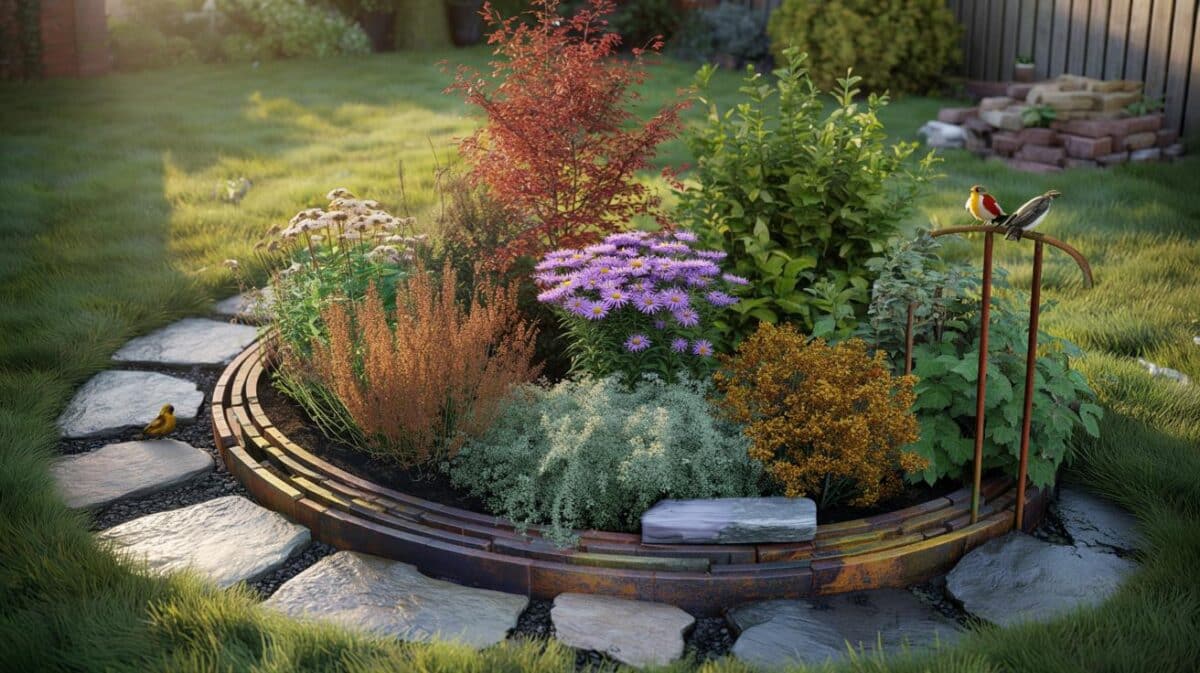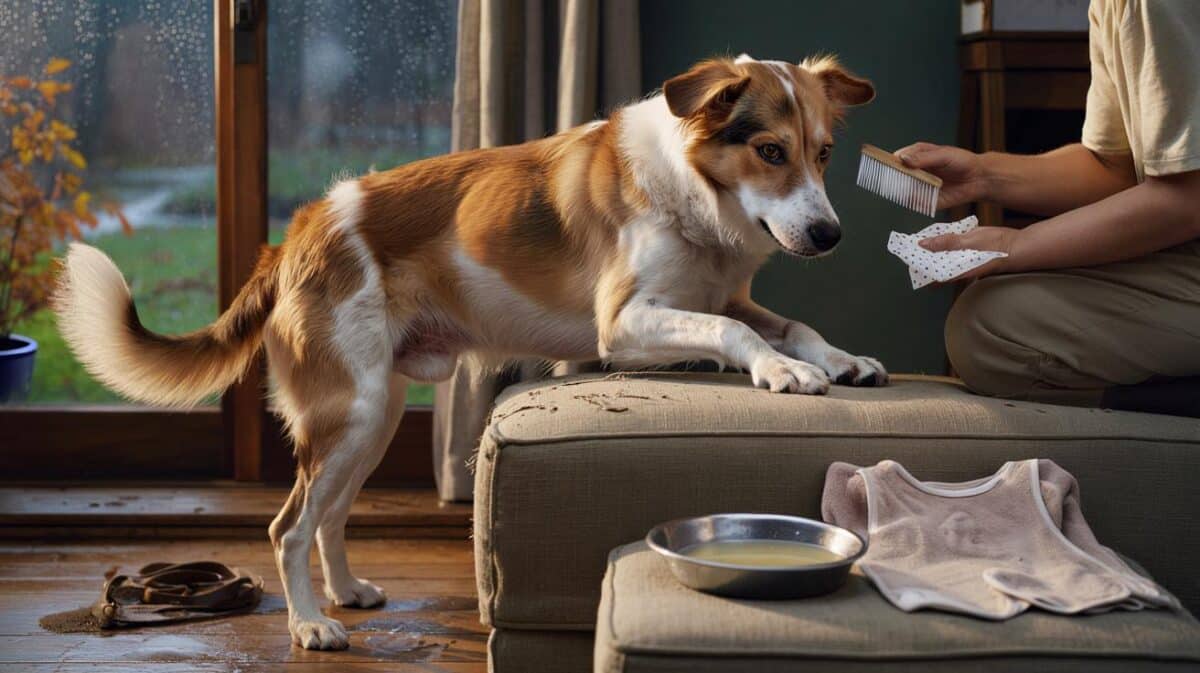The recipe doing the rounds is disarmingly simple. It leans on white vinegar, citrus and water, yet it is elbowing past supermarket sprays one by one. Families are trying it for bins, taps and glass, then sticking with it because it works, smells bright and trims the weekly shop.
Why a three-ingredient spray is suddenly everywhere
Budgets are tight, kitchen cupboards are crowded and plastic waste jars. That combination has revived an old domestic trick with new momentum. Videos show home cooks keeping citrus peels in jars instead of the bin. After a short wait, the liquid becomes a multipurpose cleaner that handles everyday grime.
The core idea is not new. Generations used vinegar’s acidity to lift limescale and grease, then added citrus for fragrance and a mild boost against oily residues. What’s changed is scale and speed. Social media has shortened the learning curve, and essential oils make it possible to mix a batch on the spot.
What’s in it and how it works
The simple chemistry
White distilled vinegar (at least 8% acidity) loosens mineral deposits and cuts through soap scum. Citrus peel contributes plant compounds such as limonene, which helps dissolve oily films and masks vinegar’s sharp odour. Water dilutes the acidity so the spray is gentle enough for regular wiping on many hard surfaces.
Use a glass jar and a glass spray bottle. Acid can react with some metals and degrade certain plastics over time.
Two ways to make it
Traditional infusion (about 3 weeks)
- Pack the clean peels of three lemons into a 750 ml glass jar.
- Cover completely with 500 ml white vinegar, seal and keep in a cool, dark spot.
- Shake every few days. After three weeks, strain the vinegar through a fine sieve.
- Combine the infused vinegar 1:1 with 500 ml filtered water in a 1 litre glass sprayer. Shake before use.
Express method (use today)
- Add 250 ml white vinegar and 250 ml filtered water to a sprayer.
- Drop in 15 drops of high-quality lemon essential oil.
- Cap tightly and shake well before every spray.
Optional tweak: slide a sprig of fresh rosemary into the infusion jar for a green, resinous note. The mixed cleaner keeps up to six months away from direct light.
Where it can replace eight bottles
Households report swapping this single spray into tasks that usually need a shelf of specialist products. Used sensibly, it can stand in for:
- Glass cleaner for windows and mirrors.
- Kitchen degreaser for hobs and splashbacks.
- Multipurpose surface spray for worktops and cupboard doors.
- Limescale remover for taps, shower screens and kettles’ exteriors.
- Fridge and bin deodoriser after a quick wipe-down.
- Stainless-steel refresher for sinks and brushed appliances.
- Floor spot cleaner for sealed tiles and vinyl.
- Handwash pre-treater on oily splashes around the cooker.
Results improve if you allow 30 seconds of contact time before wiping with a clean microfibre cloth.
Safety, storage and what to avoid
Never mix vinegar-based cleaners with bleach or any product that may contain chlorine. Hazardous fumes can form.
Skip marble, granite and other natural stone: acid etches polished finishes and can leave dull patches.
Patch-test painted or delicate surfaces. Keep out of reach of children and pets. Some essential oils may be unsuitable around cats, birds and small mammals; unscented infusion works well if you have concerns. Store the bottle capped, out of sunlight, and label it clearly with ingredients and date.
How much you could save at home
Numbers concentrate the mind. A typical British basket might include eight separate sprays and liquids at £2–£4 each—£16–£32 in total. A one-litre batch of the citrus-vinegar spray uses roughly 50p of vinegar, pennies of tap or filtered water and, if you choose, about 45p worth of lemon essential oil (15 drops from a £5, 10 ml bottle yields 20–30 batches). Reusing peel makes fragrance effectively free. Even with the oil, you’re near £1 per litre—often less than a third of the branded alternatives.
There are other savings: fewer plastic bottles, less cupboard space, and fewer ingredients to lug home. For many, the fresh citrus scent is a bonus compared with heavy synthetic fragrances.
What experts say and what it cannot do
Vinegar is a capable cleaner for everyday mess. It breaks down limescale and helps lift grease, especially with a short soak. Citrus compounds support degreasing and improve odour. This combination is not a hospital-grade disinfectant, and it should not be relied upon to sanitise surfaces after handling raw meat or for infection control. In those moments, use products that meet recognised disinfection standards and follow the label exactly.
For clouded glass shower doors and crusted tap aerators, patience pays. Spray, leave for a few minutes, and repeat. For stubborn mineral deposits, apply the solution to a cloth, press onto the spot and let it sit before wiping.
Quick guide: where it shines and when to switch
| Surface/task | How to use | Caveat |
|---|---|---|
| Windows and mirrors | Light mist, wipe with microfibre in straight lines | Avoid overspray on wooden frames |
| Hobs and splashbacks | Spray, wait 30–60 seconds, wipe; repeat on baked-on spots | Do not use on natural stone |
| Taps and shower screens | Spray generously, leave 2–3 minutes, wipe dry | Rinse thoroughly on plated finishes |
| Fridges and bins | Spray cloth, wipe surfaces; air for a few minutes | Avoid soaking electrical parts |
| Sinks (stainless steel) | Spray, wipe with the grain, buff dry | Test on sensitive coatings |
The small details that boost results
Choose the right vinegar and water
Pick clear, distilled white vinegar with at least 8% acidity for best cutting power. Very hard water can leave faint spots on glass; filtered water reduces that risk.
Shake before every use
Essential oil and infused compounds disperse better after a quick shake. That improves wetting and avoids streaks.
Mind the tools
Microfibre cloths trap grime and polish in one go. Rinse them well after cleaning vinegar-treated surfaces to prevent build-up.
Beyond cleaning: turning peels into value
This approach also trims food waste. Keep a freezer bag for citrus peels from lemons, oranges or grapefruit. When the bag is full, top up a jar with peels and vinegar. You create a rolling supply of infusion at no extra cost, and your bin smells better along the way.
If you fancy a small experiment, split one batch of strained vinegar and scent half with lemon oil, half with rosemary. Note which cuts kitchen grease faster or which scent you prefer. Little tweaks like that help tailor the spray to your home.


